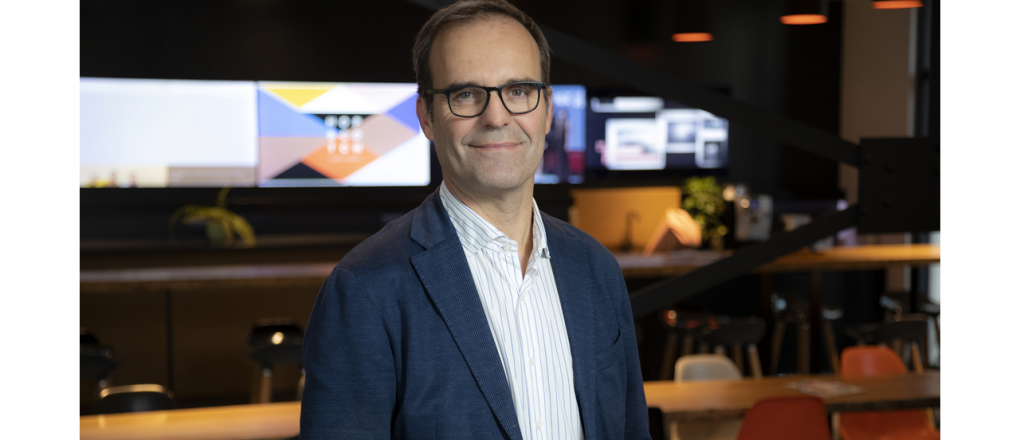What’s behind relational capital?
“There’s no society if there’s no relationship.” Quote by Jiddu Krishnamurti
At Hopscotch, we are firmly convinced that the relational capital of organisations is the major lever of their economic performance.
That is why, two years ago, we articulated our vision in a statement that aimed to explain and develop this concept in concrete terms.
It’s not just a bunch of corporate buzzwords concocted by a communications agency to prove how special it is. These are meaningful words with a much clearer definition than it may appear.
If, until recently, the economy was built upon financial and material flows, today we see that the very driving force of the economy has changed. Financial and material flows are being matched by intangible resources, which are actually much more tangible than they appear: corporate culture, pride of belonging, the customer portfolio, shareholder base stability, collective consumer experiences and the mission for the future.
These days, everyone seems to focus on companies’ and organisations’ digital transformation when they talk about the digital economy. However, we are convinced that the huge changes we are currently experiencing are also linked to social, cultural and environmental transformation.
We believe that it is therefore more accurate to say that we have entered a relationship economy, a theory articulated in 1981 by the scholar Maurice Obadia.
This paradigm shift puts relationships at the core of all business and organisational transformations. It is seen in companies that emphasise their desire to connect with the environment, with the most vulnerable communities and, more generally, with all of their stakeholders.
The white paper recently published following the second edition of the Monster Innovation Grand Prize is raising awareness of the development of increasingly innovative and ambitious CSR initiatives. The trend is towards co-construction and inclusiveness of vulnerable citizens and, more generally, involving the entire corporation in social initiatives.
Previously a one-way and top-down process, communication is now taking on a more holistic dimension based on the notion of sharing. It is no longer enough to target people based on socioeconomic categories; we must now map our target audiences according to communities of interest. Brands need to engage in a dialogue with their audiences by making a useful contribution through content and events, thus transforming their relationships.
In addition, more and more companies are being called upon to tackle issues that they did not previously have to address. The Internet enables any citizen or customer to give their opinion on a product and its features, but also on the company that designs it or the manager who represents it. The citizen is also a consumer, an investor, an employee, a partner who, before making a commitment, becomes informed. And it is the NGOs, consumer groups, influencers and so on who are most often listened to. In this way, every company stakeholder can become an active participant in the debate.
Companies have realised the importance of keeping in touch with their different audiences.
This relationship has become essential and the result is called relational capital. It is an indicator of the quality of the relationship between the organisation and its ecosystem.
This has been identified by the Observatoire de l’Immatériel as one of the main components of an organisation’s intangible assets, along with structural capital and human capital.
Relational capital, which is the least well-known because it is the hardest to measure, becomes more easily observable when buttressed by data.
Within the CAC 40, intangible assets represent 71% of market value (of which almost half, 31% of the total, goes unrecognised on the balance sheet), according to the “CAC 40 Financial Profile” published by Ricol Lasteyrie Corporate Finance, a member of the EY network, in 2017.
At Hopscotch, we firmly believe that successful organisations are those that can create strong and lasting relationships with their audiences. Building solid relational capital with stakeholders is becoming a key prerequisite for any organisation seeking to undertake transformation, growth or development and to ensure its success.
That’s why we’ve created the Relation Score, a tool for measuring an organisation’s relational capital, enabling it to get an instant snapshot of the quality of its relationships within its ecosystem.
The relational capital of organisations holds vast untapped resources which, we are convinced, are already helping to define the organisational mission.
Benoît Désveaux, Managing Director HOPSCOTCH Groupe
